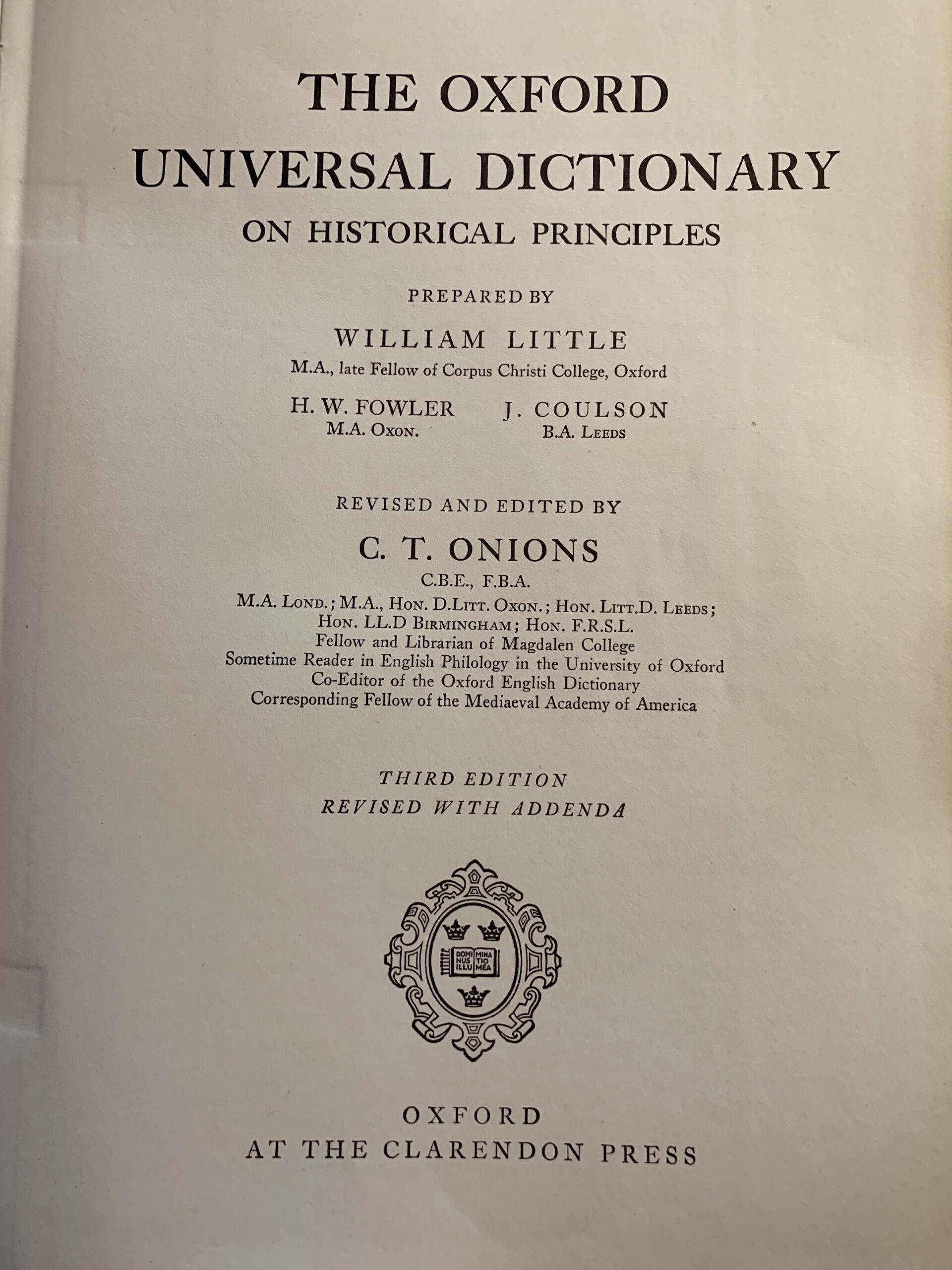Conceit

(kɒnsī•d), sb. ME. [f. conceive; after deceive, deceit etc.] †1. That which is conceived in the mind, a conception, notion, idea, thought; device -1823. †2. The faculty or action of conceiving; conception; apprehension -1805. †3. Personal opinion or judgement, usually ‘in a neutral sense’ (J.) -1759 4. Favourable opinion, esteem. Now dial.., exc. in out of c. with. 1462. 5. Short for SELF-CONCEIT 1605. 6. A fanciful notion; a whim 1530; fancy 1578. 7. A fanciful, ingenious, or witty notion or expression; an affectation of thought or style; = CONCETTO 1513; a trick 1520; sentiment 1589; wit 1597. †8. concr. A fancy article -1823. †9. A (morbid) seizure of the body or mind; see CONCEIVE v. -1622.
1. Fluent in language to express their conceits FULLER. A glimmering c. of some such thing LABN. 2. A Gentleman of good c. A.Y.L. v. ii 48. Wise in C., in Act a very sot DRAYTON. 3. That good selfe-conceit and opinion of his owne HOLLAND. 4. To be out of c. with our lot in life NEWMAN. 5. It takes the c. out of a man FORD. 6. In c. build castles in the sky GREENE. 7. How..our toung may be framed to pretie conceiptes 1581. Some to c. alone their taste confine POPE. 2 Hen. IV, II. iv. 263. 9. The Conceipt of the stone..hath..so stopped my urine FLORIO. Hence †Conceit•ful a. witty; imaginative. Concei•tless a. Concei•ty a. (Sc.) abounding in conceipts, or in self-conceit.